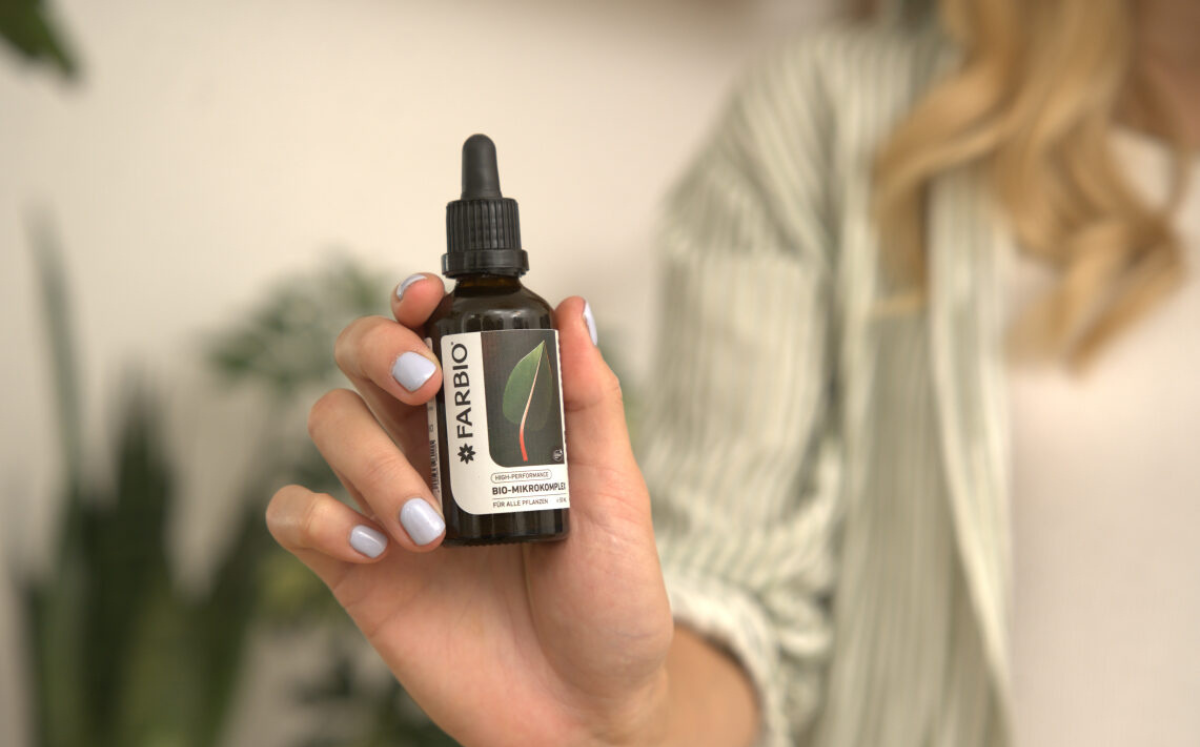Nutrients are chemical elements and compounds necessary for plant survival. They are absorbed from the environment in various ways, mostly through the soil. Each type of plant has different nutrient requirements. Micronutrients, also called trace elements, are important for healthy plant growth and all life functions, even if they are only needed in small quantities. Find out here what trace elements are all about, what they are and why they are important for your plants.
What trace elements are there for plants?
Copper (Co)
Copper is essential for enzymes of photosynthesis, the lignification of plant parts and also the formation of buds and seeds. A deficiency leads to dwarfism and reduced iron absorption; an excess inhibits lignification and leads to leaf discoloration.
Manganese (Mn)
Manganese is important for oxygen production, root growth and leaf wound healing. A deficiency inhibits growth and causes chlorosis, while an excess leads to brown spots and premature shoot growth.
Zinc (Zn)
Zinc is important for enzyme activity, leaf formation and growth. A deficiency inhibits growth and leaf development, while too much zinc can impair root growth and photosynthesis and can also lead to iron deficiency.

Iron (Fe)
Iron is important for photosynthesis and leaf green formation. A deficiency results in light-colored leaves with green veins and small roots and flowers, while an excess can result in manganese deficiency and brown leaf tips.
Boron (B)
Boron is important for carbohydrate transport, protein synthesis and cell membrane stabilization. A deficiency leads to root death and yellow leaves, while an excess leads to curled, yellow leaves.
Molybdenum (Mo)
Molybdenum is important for enzyme activity and plant metabolism. A deficiency leads to deformed, purple leaves, an excess leads to golden yellow leaves.
Chlorine (Cl)
Chlorine is important for photosynthesis and water balance. A deficiency causes plants to wilt, while an excess leads to chlorosis, leaf necrosis and leaf loss.
Benefits for plants: That's why you should use a micronutrient fertilizer
Fertilization with all the main nutrients such as nitrogen, phosphorus and potassium forms the basis for successful plant care. However, plants need all available nutrients to stay healthy and grow optimally. The minimum law recognized by Carl Sprengel in 1829 states that plants need all 12 minerals for their growth and that they grow poorly if there is even a slight deficiency in one of these substances.
The use of micronutrient fertilizers in addition to NPK fertilizers offers the clear advantage that all necessary minerals are available in sufficient quantities and thus growth is optimized.
You can find out more about fertilizing in this video!
Trace nutrients as foliar fertilizer
The FARBIO® organic microcomplex is plant care at its best: plant healing and micronutrients in one. The 100% organic and vegan fertilizer supplies all types of plants with important trace elements and significantly increases the natural processes within the plant through nanoparticle technology and copper.
Copper is a nutrient that can actively help plants defend against diseases and pests.

The FARBIO® organic microcomplex is a foliar fertilizer and is applied to the plant leaves using a spray bottle . Because foliar fertilization allows nutrients to reach where they are needed more quickly. Application via irrigation water is also possible.















